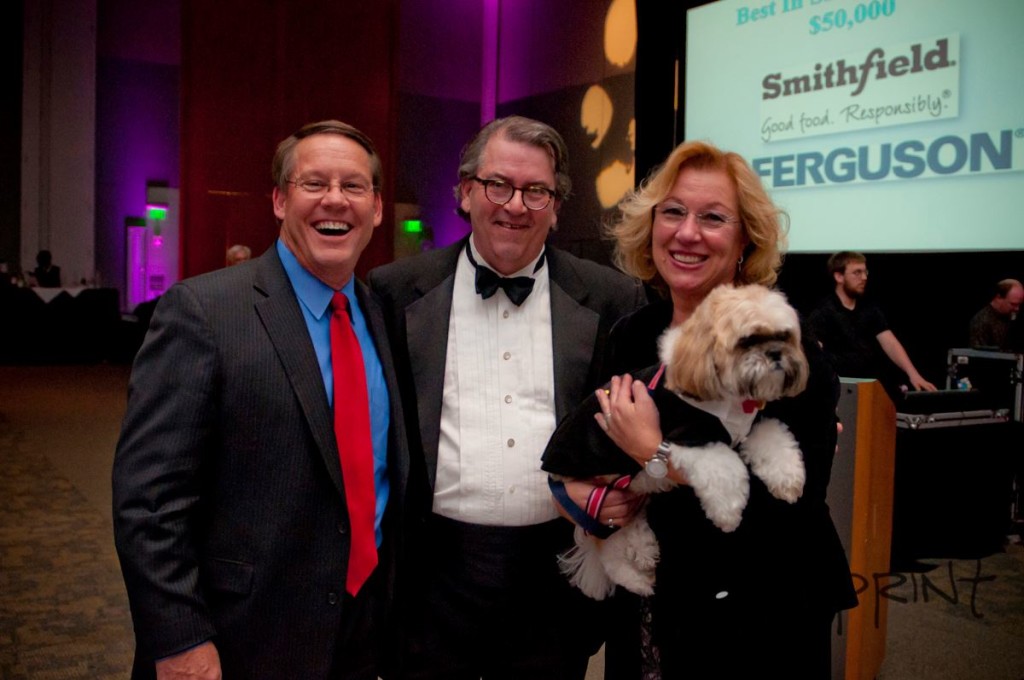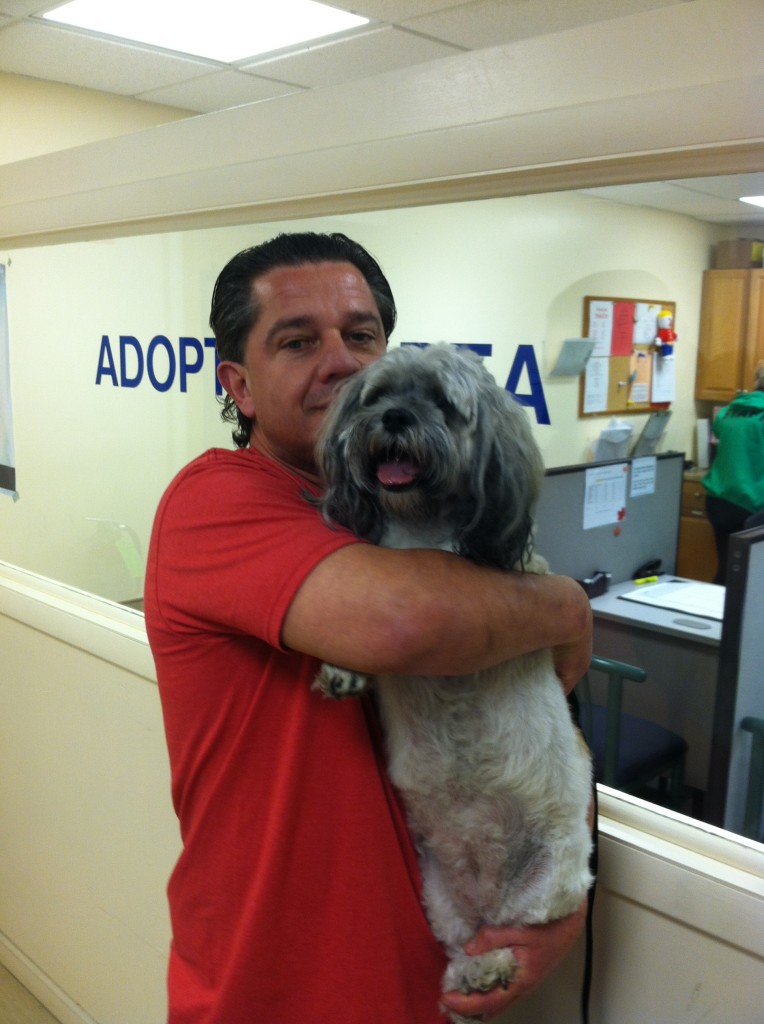
Peninsula people and their pets came out in record numbers on the evening of February 1 to demonstrate their support and enthusiasm for the Peninsula SPCA’s coming transition to an adoption-guarantee shelter and humane education center.
Private citizens, business people and local and state governmental representatives attended with their special animal companions to help raise funds in support of the PSPCA’s new operating model that will focus primarily on adoptions, community humane education, and development of partnerships with other animal welfare groups.
“Through partnerships with the new Peninsula Regional Animal Shelter and other local animal welfare organizations, we will expand the resources available to all of our area’s homeless pets,” said Ellen Thacker, Executive Director of the Peninsula SPCA. “This is how we’ll achieve the Adoption Guarantee Community that our citizens are requesting and our animals deserve.”
This year’s funding success was led by Best in Show Sponsorships of $50,000 each from Ferguson and Smithfield Foods.
“Ferguson is proud to be a part of the PSPCA’s transformation and lifesaving efforts,” said Ferguson Director of Communication Denise Vaughn. “We are focused on building partnerships in the community to tackle many social issues we face. It is very rewarding to work alongside other dedicated corporations such as Smithfield Foods to truly make a difference.”
Under the new Adoption Guarantee model, the PSPCA will save all the healthy and treatable animals under their care, with euthanasia reserved only as a last resort for unhealthy and untreatable animals. Since the PSPCA board of directors’ decision to undertake this new operating model, the shelter’s live release rate has climbed dramatically, increasing from 41% at the end of 2012 to 75% so far in 2014. Additionally, the PSPCA has continued to grow its foster program, placing pets in need of some additional healing or growing time with families who take special care of them.
“Our vision is that no healthy adoptable animals will be killed simply because there is a lack of cage space or as a means of animal population control,” said Thacker. “By working together, treating each life as precious, we can truly transform our community.”




Follow us: